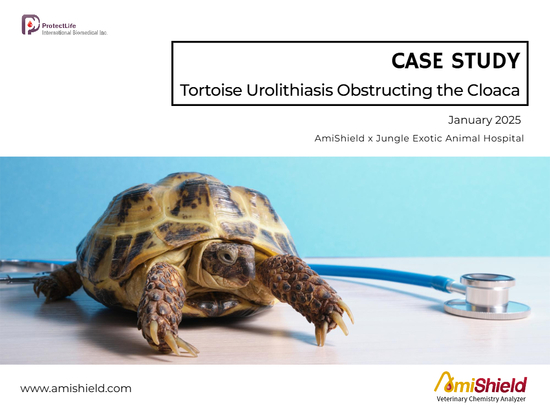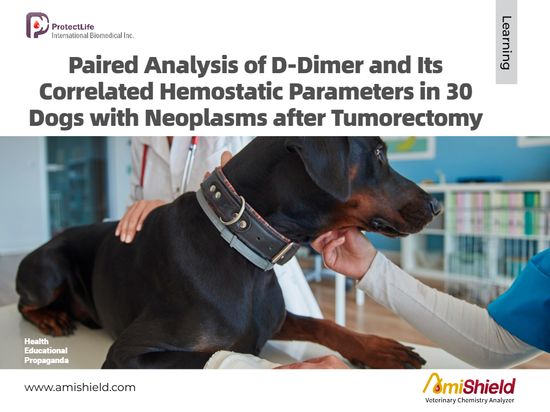
#Industry News
Insights into Congenital Portosystemic Shunts in Dogs and Cats
Diagnosis, Pathophysiology and clinical presentation of CPSS
Congenital portosystemic shunt (CPSS) is caused by abnormal development of the portal venous system or fetal blood vessels. CPSS is divided into two categories: extrahepatic and intrahepatic. Additionally, ECPSS is most common in small dogs and cats, while ICPSS is most common in large dogs.
Because some toxins, proteins, and nutrients absorbed by the intestines bypass the liver and are directly shunted into the systemic circulation, excess ammonia accumulates in the blood and enters the brain, causing cranial nerve damage, usually manifested as hepatic encephalopathy (HE). For example, the most common form of hepatitis B in HE is caused by PSS, without intrinsic hepatocellular disease. Clinical symptoms of HE range from very mild to extremely severe, such as mild decrease in mobility, head compression, and coma. Although the clinical symptoms of CPSS are nonspecific, assessment of liver function tests, such as fasting plasma ammonia levels and pre- and post-meal serum bile acid concentrations, is a common method for diagnosing CPSS.





